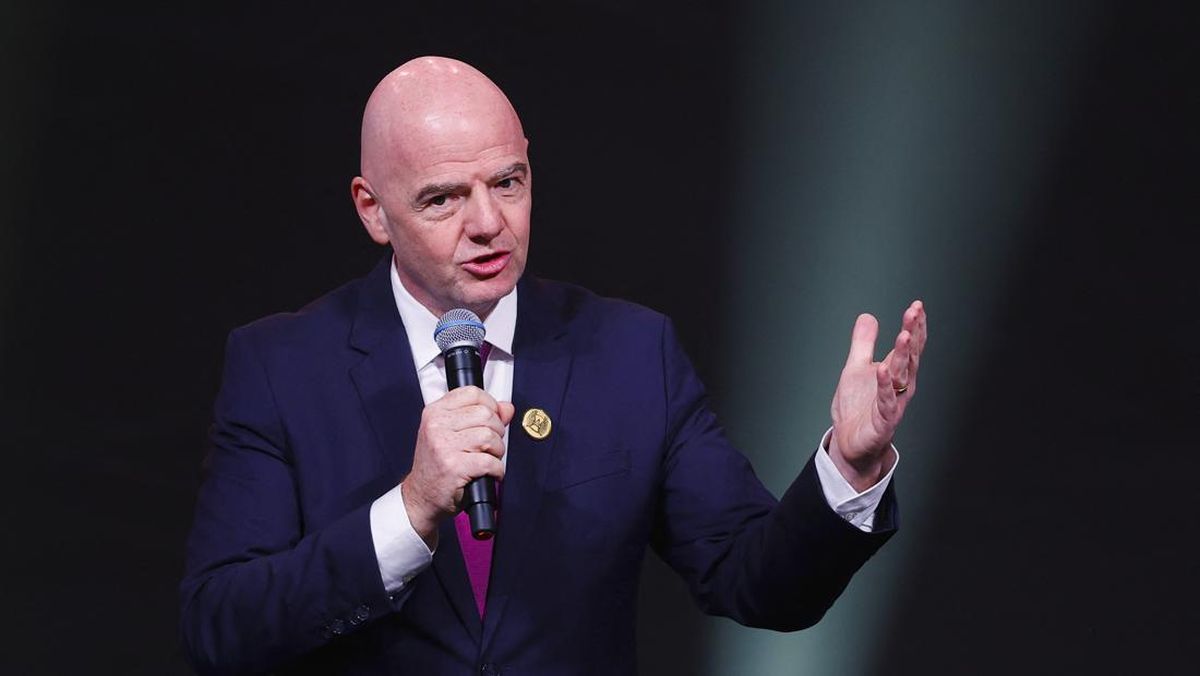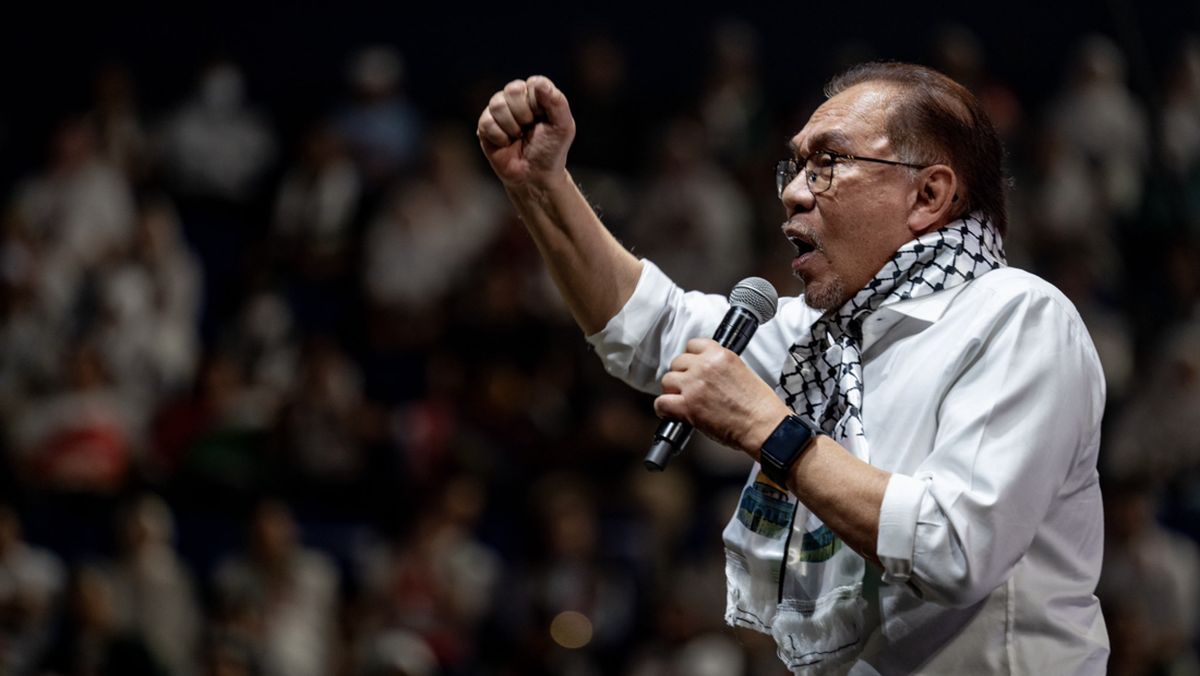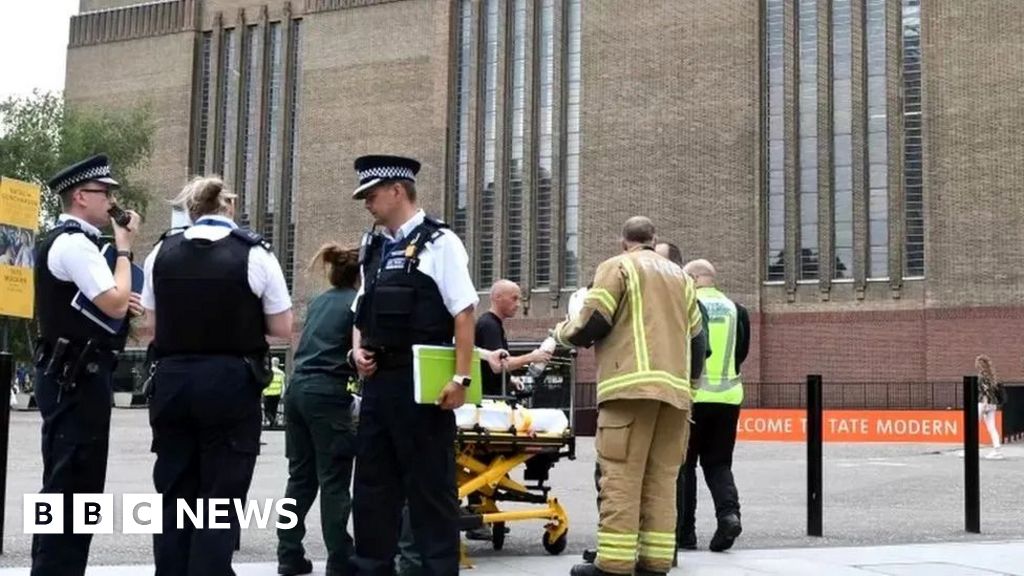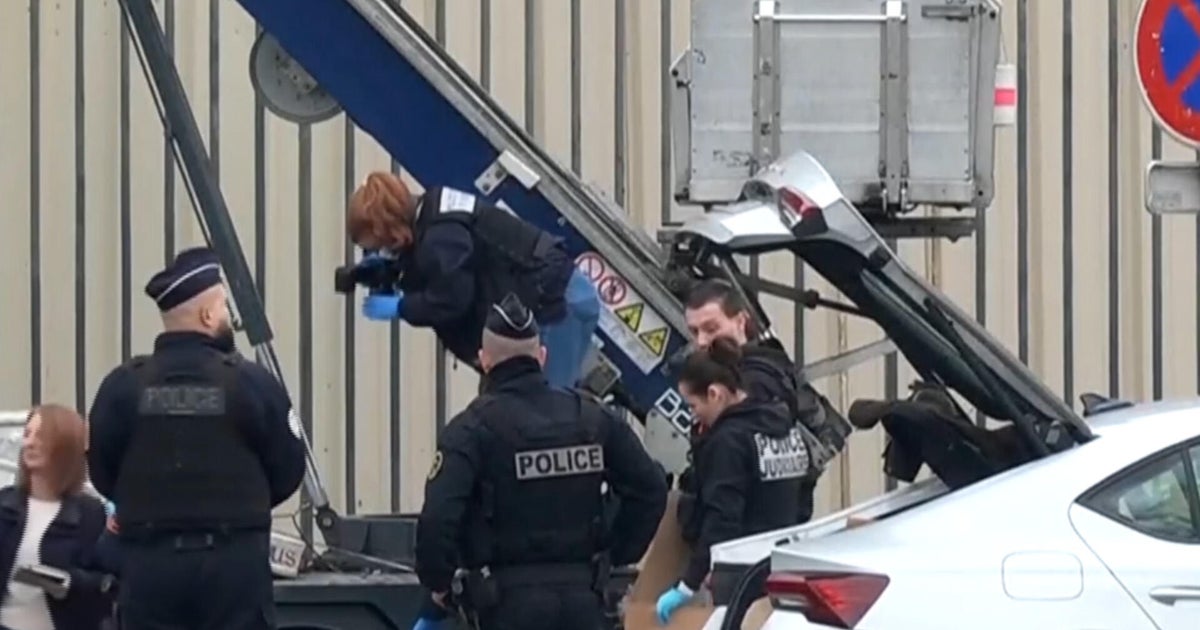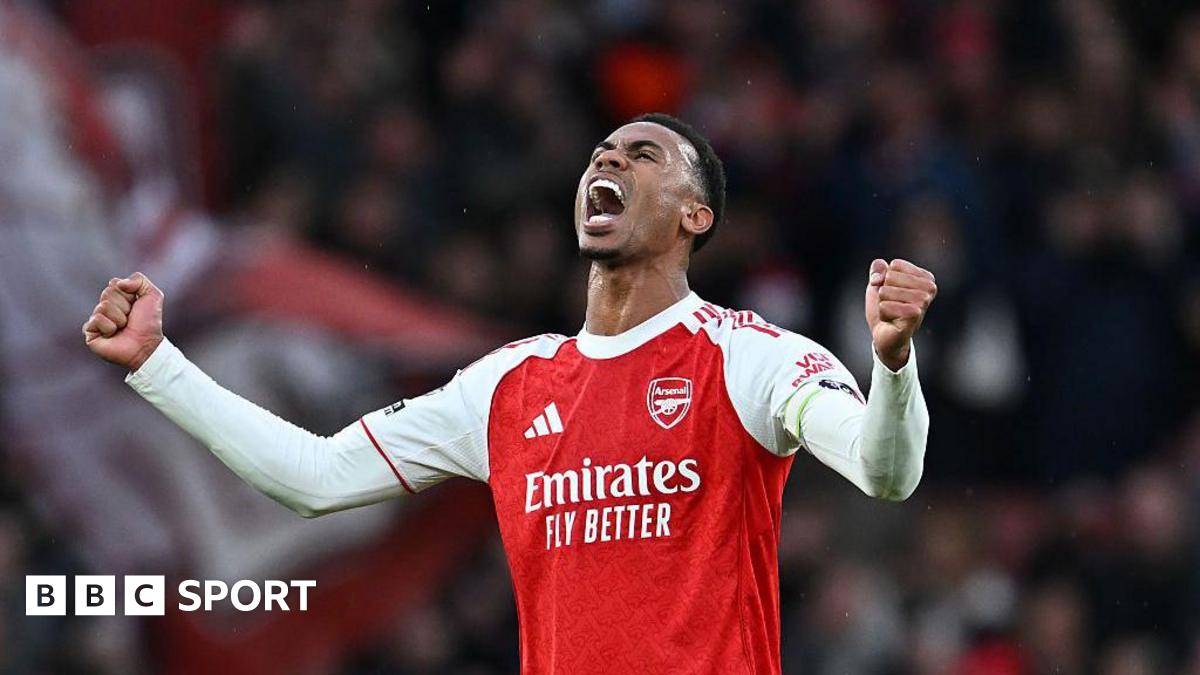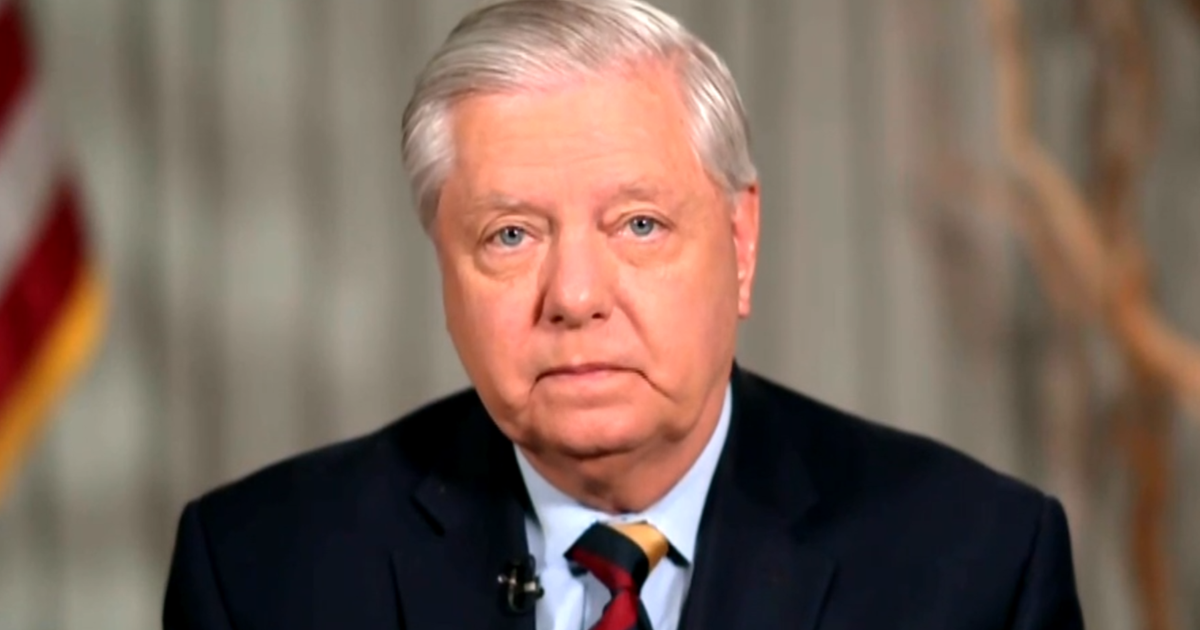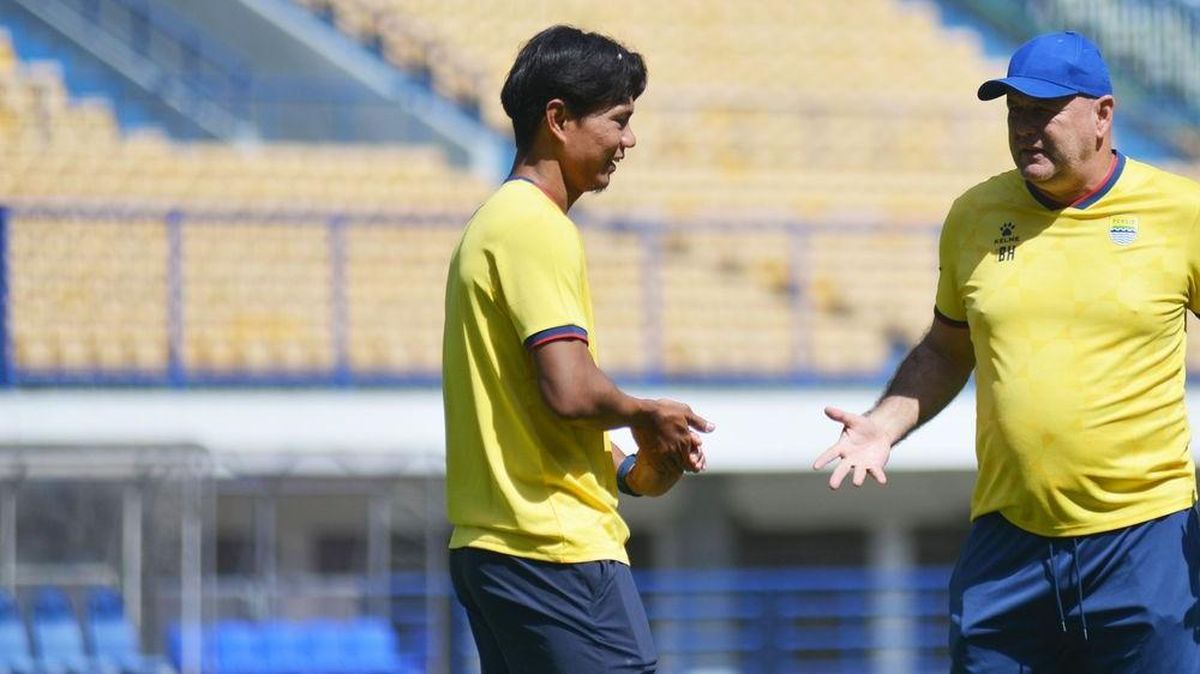His comments came weeks after a financial update that sent the stock plunging again after a shock earnings drop and weak outlook.
It was followed by an embarrassing ASX query seeking assurances the group was not in breach of its continuous disclosure obligations over the disclosure and subsequent market meltdown.
“James Hardie did not consider that any difference between its expected earnings and market expectations would have a material effect on the price or value of James Hardie’s securities,” it said.
Proxy advisers are among those struggling to understand how a supposedly growth-focused, transformative deal led the board to actually lower the financial performance hurdles for Erter, who was already the ASX’s second-highest-paid chief executive last year at $US20 million.
They were not the only ones. Market analysts from Jarden issued a scathing assessment on both the chief-executive pay and a $US1 million increase in board fees to cover director pay rises that have already been awarded.
“[If] successful, this would represent the largest and most expensive board across our Basic Industries coverage universe. This is despite the underwhelming share price performance, leverage and earnings profile,” Jarden’s report said.

James Hardie’s chairwoman Anne Lloyd and CEO Aaron Erter have a fight on their hands.
“In our view, it would appear neither the CEO or board are being held accountable to realise appropriate returns befitting the premium price paid for Azek and/or the increased investment risk [business complexity, leverage] inherited.”
The annus horribilis began in March when management blindsided investors with the news it was spending $14 billion to acquire US group Azek and move its primary listing to the US.
This involved raising billions of dollars in debt to pay Azek investors, as well as giving them the equivalent of 35 per cent of James Hardie’s listed shares.
It was only later that James Hardie investors learnt that the ASX gave James Hardie’s board permission to avoid giving investors the right to approve the deal.
In August came James Hardie’s market meltdown of the year, after management shocked the market by revealing its earnings sank for the June quarter with order volumes going backwards – and the demand outlook for the US housing market remained challenging.
The contrast between the board seeking higher director fees, the lowering of performance hurdles for Erter, the downgrade in August – and the board’s emasculation of investors – helps explain why all four of the most influential proxy advisers have recommended shareholders vote out all five directors up for re-election at the meeting. This includes the chair who has presided over this debacle: Anne Lloyd.
ISS criticised the “materially misaligned” bonuses and said Lloyd needed to go over the disastrous governance failures that meant shareholders had no say in the Azek deal.
“As chair, she is ultimately responsible for corporate governance at the company.”
Two other long-term James Hardie directors, Peter-John Davis and Rada Rodriguez, are also being targeted for their role in the financially destructive acquisition of Azek.

The Azek deal raised James Hardie’s exposure to a US housing market that is in crisis. Credit: Bloomberg
“It is our view that shareholders would be best served by a board reset,” the Glass Lewis report says.
Even the two new James Hardie directors who joined Azek were targeted over their previous ties to Erter when they all worked together at another group.
There were also raised eyebrows from ISS about the forecast 52 per cent increase in directors’ fees this year, despite the board only increasing by two.
In an interview with The Australian Financial Review, Erter was unrepentant about engineering this avoidance of investor approval, saying it was necessary given the speed of the deal and a necessity to give Azek investors certainty. And he promised to rebuild trust with James Hardie shareholders but also remains convinced about the long-term benefits of the controversial deal.
“My conviction in doing this deal, and the long-term returns that it’ll give to our shareholders, and how it’s going to set our company up for the future, I wouldn’t change,” he told the AFR.
If there is any salve for investors it is that analysts expect the stock to make a strong recovery from these levels.
Macquarie has a $40.60 price target on the stock, which is trading around $33.
Loading
“Market conditions are tough but stabilising – inventory concerns are fading. Focus now turns to rates and housing policy. An evolving Azek integration story, a bottoming of markets and valuation are in support of our thesis,” Macquarie said.
Erter himself is not shirking the long-term growth he has promised despite a moribund US housing market that is weighing on the prospects of the enlarged North American business he has created.
“We never blame the market,” he told the investor forum last month.
“We don’t use the market as a crutch because our job is to make sure we figure out ways to grow, no matter what.”
If investors remove James Hardie chair Lloyd this week, we will know exactly who they are blaming. And Erter will be next.




